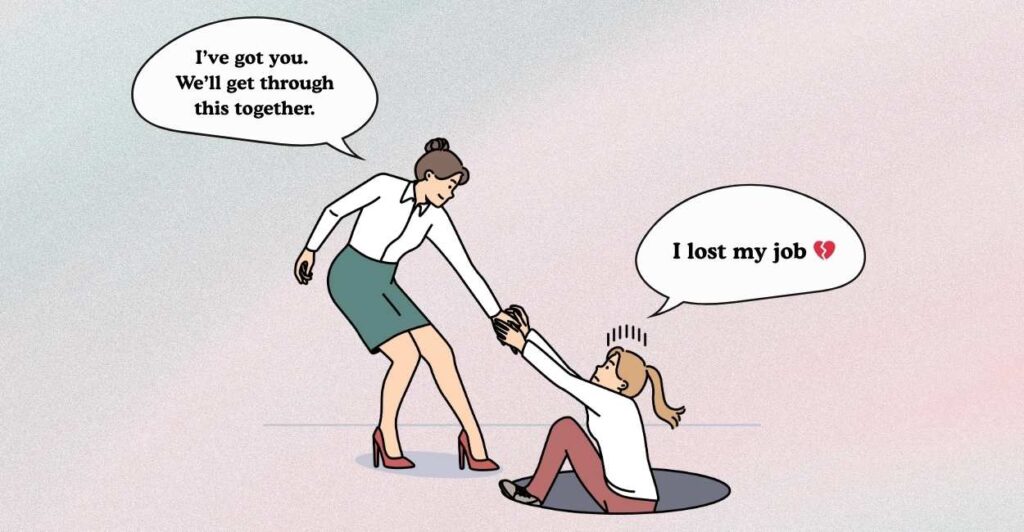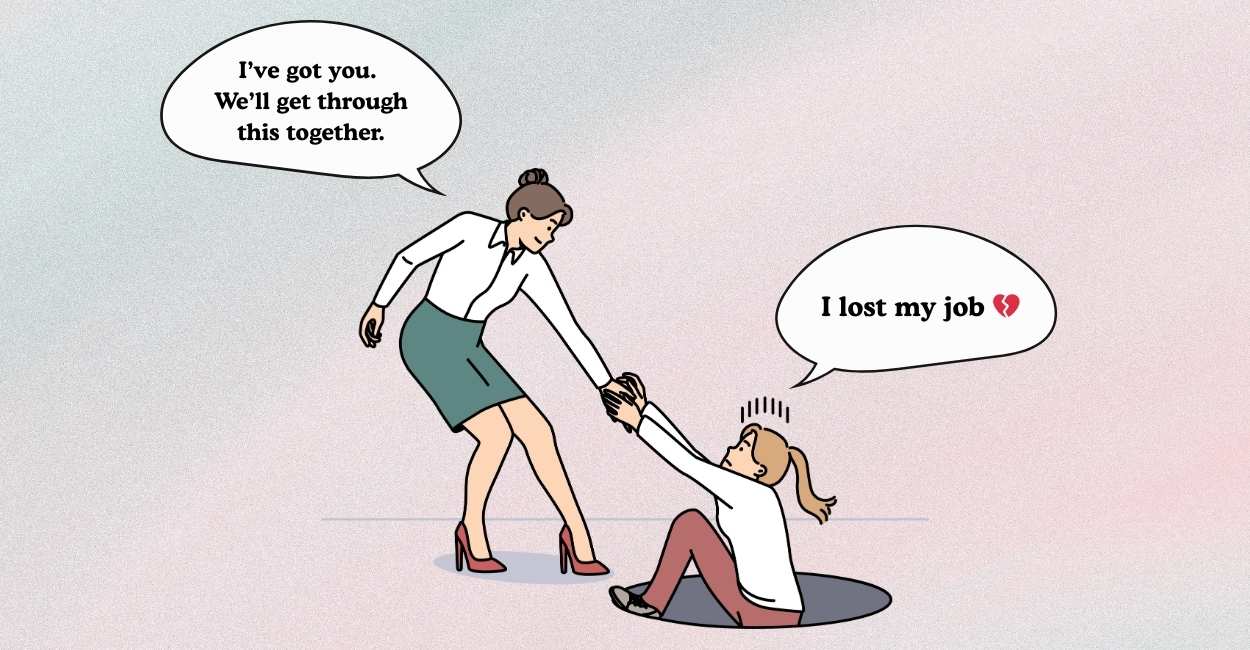How To Overcome Trust Issues in Friendship?

Do you ever feel that you are unable to trust someone despite them being a good person? Are you unable to take that leap of faith and give 100 percent of yourself to the friendship? In this article, we will look at how to overcome trust issues in friendship.
Trust plays a pivotal role in any relationship—be it romantic, with a family member, or a friendship. Without trust, one cannot forge deeper connections and bonds with the other person. Learning more about how to overcome trust issues in friendship will empower you and help you learn to trust and strengthen the relationship.
What are Trust Issues?
To get to the root of this issue, let’s try to understand what trust issues are. People with trust issues find it difficult to believe that others are honest, reliable, and loyal.
It might be due to their previous life experiences, such as parental conflicts or bullying in school, that they are unable to build trust.
The signs of trust issues include feeling suspicious, jealous or threatened. A person with trust issues might also be too private, hardly revealing much about themselves. They may also have trouble asking for help from others or, on the contrary, might be too needy and clingy in a relationship.
Tips on How to Overcome Trust Issues in Friendship
So, let’s dive in and explore how to overcome trust issues in friendship.
1. Identify what kind of trust issues you have
Are you suspicious, anxious, jealous, or insecure about a particular friend or their friendship? Are you constantly trying to test a friend for loyalty?
Reflect on your past experiences, such as childhood experiences, significant life events, past relationships, or friendships, that might have made you doubt your trust in people. Once you analyze yourself, you will be better equipped to work on a solution.
2. Acknowledge your pain
Once you have analyzed your trust issues, the next step is to acknowledge any pain or grief that stemmed from them. It might feel uncomfortable, but allow yourself to grieve. It is important to validate your emotions so that they increase your ability to trust.
3. Open communication
Not keeping your insecurities and fears bottled up and communicating them clearly with your friend is very important for rebuilding trust.
People with insecure attachment styles, such as anxious or avoidant attachments, may find it difficult to have open and clear communication.
However, talking about what triggers your distrust helps alleviate your fears. Once you communicate your hesitations with them, good friends will understand what you’re going through.
4. Start taking small steps towards rebuilding trust
It is not easy to overcome trust issues immediately or in a short period. You need to allow yourself some time, start with small acts of trust, and gradually move forward. Taking small steps is good for your mental health, as you will stress yourself less in the process.
5. Don’t assume things
Many times, trust issues include assuming the worst of people. Your friend might be late in meeting you due to bad traffic, but you might think that they’ve canceled on you. Assuming things leads to various complications and misunderstandings in a friendship. Wrongful assumption develops trust issues with friends.
Try and get all the facts first, before coming to any conclusion. If your friend is not answering your call, consider what could be going on – they might be at the doctor’s or in an important meeting. Find out the facts before berating them.
6. Know your friendships and choose the right friends
Good friends show qualities such as honesty, loyalty, reciprocity, consistency, and kindness. If you feel that you are carrying all the burden in a friendship, chances are that the friend is not worth your trust.
Finding the right friends makes it easier to work on your trust issues. If you are already struggling with trust, then having friends who are red flags makes it more difficult for you.
Be careful with friends who have already betrayed you in the past, and think twice before giving them a second chance.
7. Give people a chance to change
Cutting off toxic friends is necessary for your mental health. However, if a friend shows positive changes in themselves and is genuinely willing to work on the friendship, then give them a fair chance.
People grow and learn from their mistakes. An opportunity for change offered to them might make all the difference needed.
8. Practice forgiveness
Forgiving others for their mistakes is necessary for your own mental health and peace of mind. Release all the resentment towards a friend who has betrayed you, and do not hold on to the past hurts. This is the first step towards your healing process. Holding on to past grudges might hinder you in rebuilding trust with other friends.
9. Seek professional help if required
Navigating through betrayal, grief, and pain can be a daunting task. Even if you are successful in having better friendships, sometimes you might feel too overwhelmed. In such cases, do not hesitate to seek professional help.
Complex trust issues might require the expertise of an expert. Counseling is important to overcome emotional roadblocks, and counselors offer various coping strategies that will help you have better friendships in the future.
Closing Thoughts
Trust issues are often associated with painful memories from the past, such as betrayal, parental conflicts, bullying, and societal pressures. Healing yourself from past traumas and finding the right friends whom you can trust is of utmost importance.
It might seem difficult at the moment, but with time and dedication, you will be able to work on your trust issues and foster healthy friendships.












